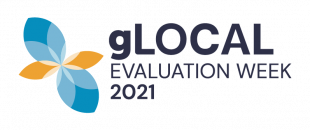event
How To Make Mid-level Theory More Useful For Social Accountability That Contributes To Building Back Better?
about the webinar
In this webinar, we will discuss how innovators are using mid-level theory – an evaluation method being championed by the Centre of Excellence for Development Impact and Learning (CEDIL) – to address this “original sin”:
- At field level, we will introduce the CEDIL-funded SALT projects’ novel approach to fill the gap in theories of change focused on the scalability of social accountability in health: developing middle- level theory. One of the key insights from this work, to date, is the potential of middle-level theories of change to support better narratives to explain what the work is – a a concern expressed by major donors such as USAID and The World Bank in relation to complex programming (see Jacobstein, 2020; Thindwa 2021).
- At portfolio level, the Global Partnership for Social Accountability will discuss how SALT’s mid-level approach is complementary to the revampining of its MEL system for a portfolio of social accountability projects. This MEL system has a range of users with divergent expectations about MEL and its implemented in a broad range of countries and sectors by civil society organizations with varying MEL capacities.
- At project level, we will discuss mid-level theory as applied to the evaluation of a particular project: Nobo Jatra a project implemented by World Vision in Bangladesh and funded by USAID. The project integrated interventions in several sectors, including social accountability.
Webinar organized in partnership with the Scaling Social Accountability for Health: Leveraging Public Policies and Programmes project
speakers
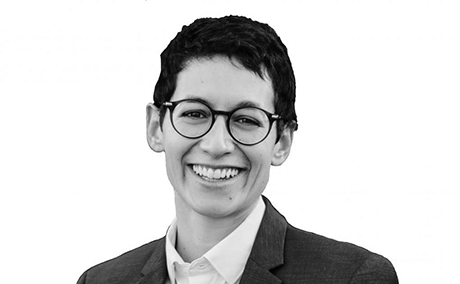
Estelle Raimondo
Estelle Raimondo is Senior Evaluation Officer for Human Development and Corporate Programs at the World Bank Independent Evaluation Group. She is a specialist in evaluation methods and advises teams across IEG on a wide range of research designs.

Thomas Aston
Thomas Aston has over a decade’s experience in the development sector. He has provided guidance and technical assistance to interventions across Latin America and the Caribbean, Africa, Asia, and the Middle East. He specializes in providing support on participatory analysis and planning approaches, social accountability, and theory-based methods for monitoring and evaluation.
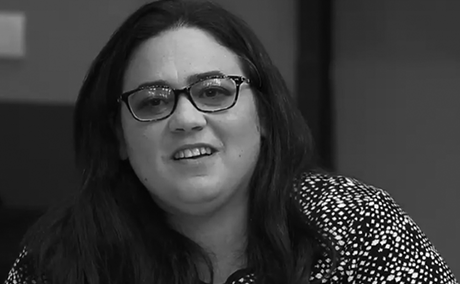
Florencia Guerzovich
Florencia Guerzovich is an independent consultant and has worked for The World Bank, Open Society Foundations, Ford Foundation, among other organizations. She currently works as Senior Advisor Monitoring, Evaluation, Research and Learning at the Global Partnership for Social Accountability at the World Bank.

James D. Long
James D. Long is an Associate Professor of Political Science and a co-founder of the Political Economy Forum at the University of Washington. He is a faculty affiliate at the University of Washington’s Center for Statistics and the Social Sciences (CSSS), Technology and Social Change Group (TASCHA), African Studies Program, and Near and Middle East Studies Program; and UC-Berkeley’s Center for Effective Global Action (CEGA) and Evidence in Governance & Politics (EGAP).
presenting partners
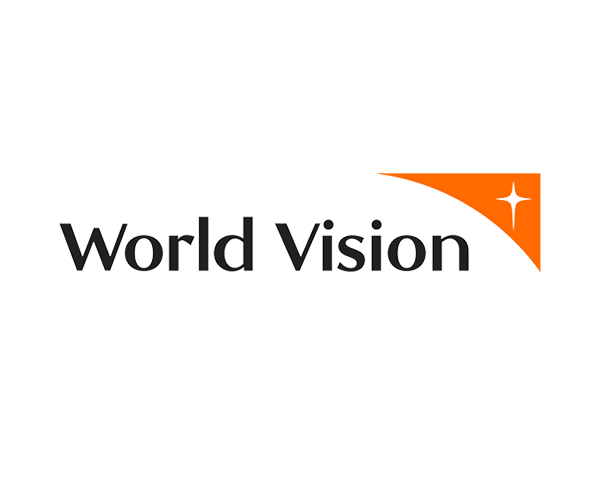
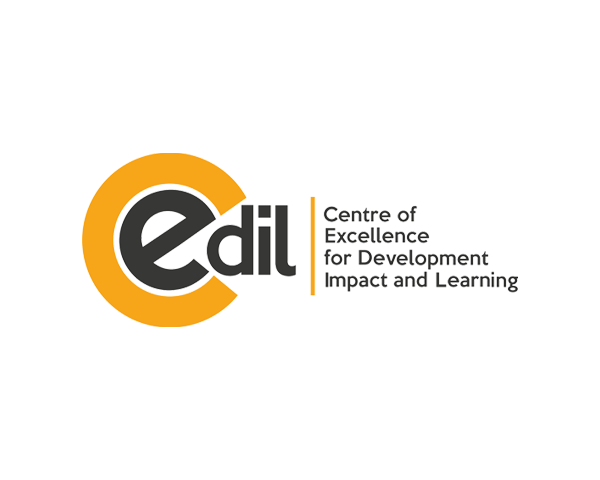
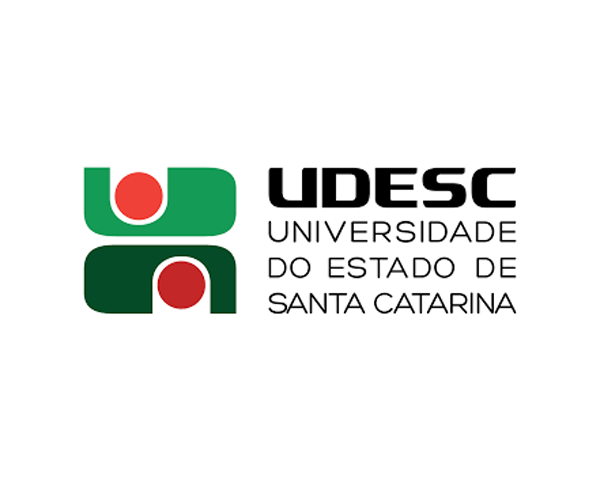
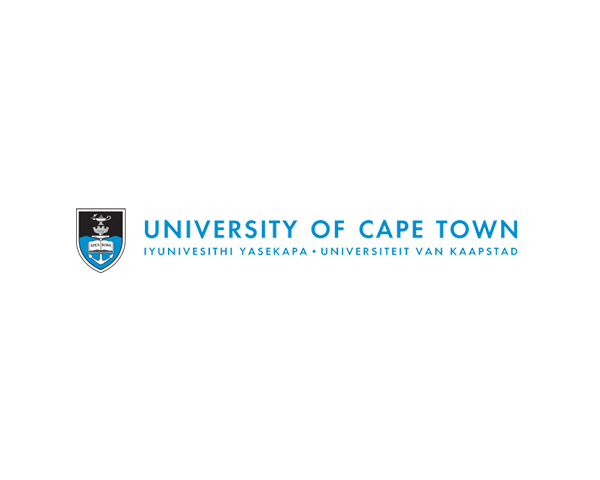
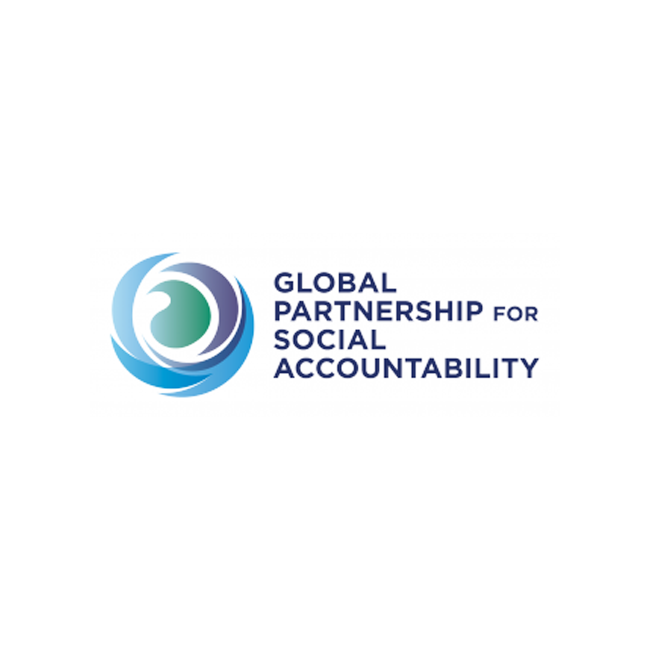
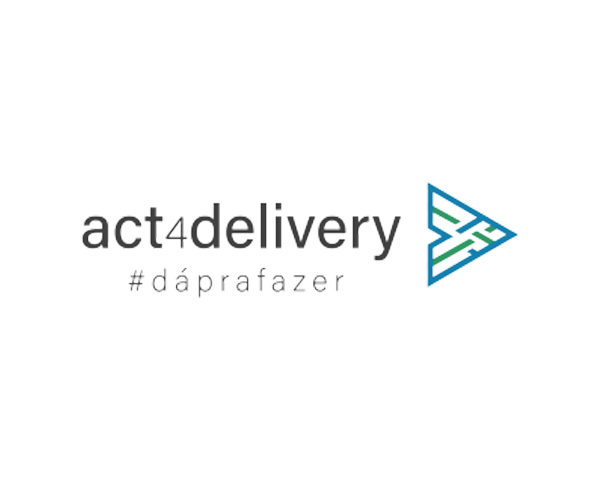
about the gLocal evaluation week 2021
gLOCAL Evaluation Week is an M&E knowledge sharing initiative being convened by the CLEAR Centers with support from local and global partners. It aims to support the exchange of M&E knowledge and experiences as a means to promote evaluation capacity development, support evidence-based decision making, and strengthen development outcomes at local and global levels.
This year, gLOCAL Evaluation Week will take place between May 31 and June 4, 2021. During this week events organized by public, private, and academic institutions and organizations that produce, use, or promote evaluations to strengthen development programs will take place around the world. In addition to the traditional thematic areas such as Evaluation Capacity Development, Evaluation Communication and Use, and Evaluation Methods, this year’s gLOCAL will feature a special theme, ‘Building Back Better’, which intends to encourage discussions about the role of M&E can play in post-pandemic recovery and revitalizing economies affected by the COVID-19 pandemic.
Visit the website of the gLocal Evaluation Week 2021
